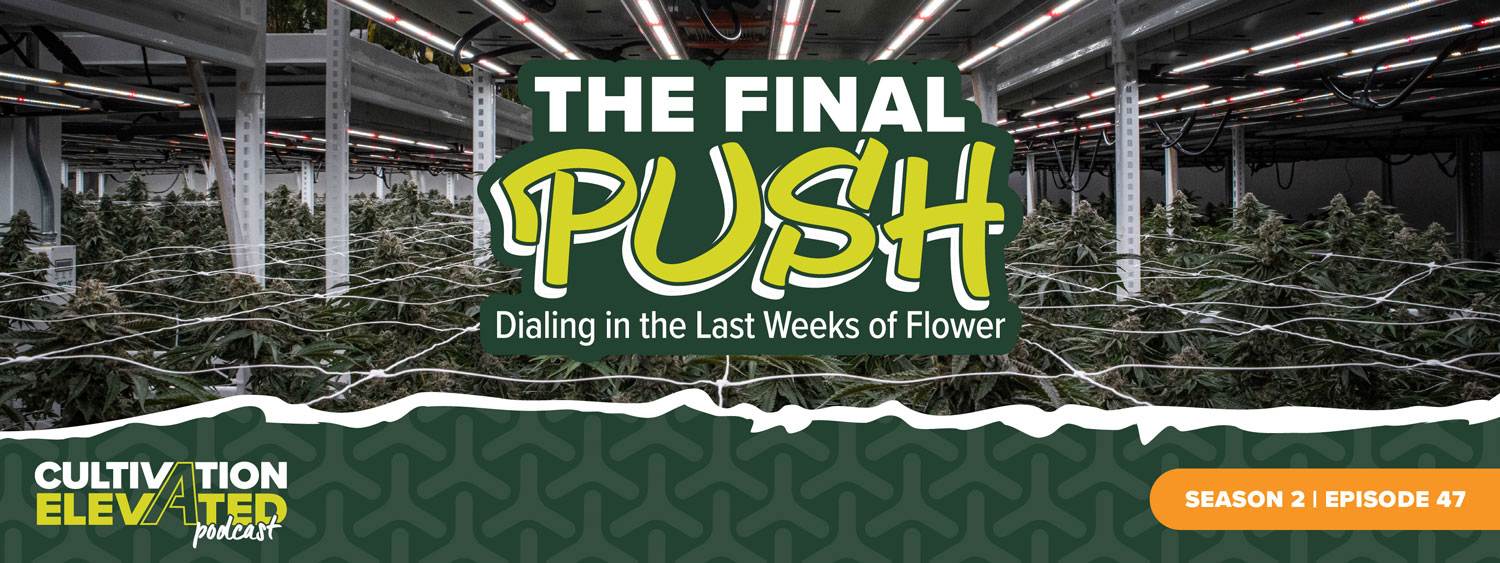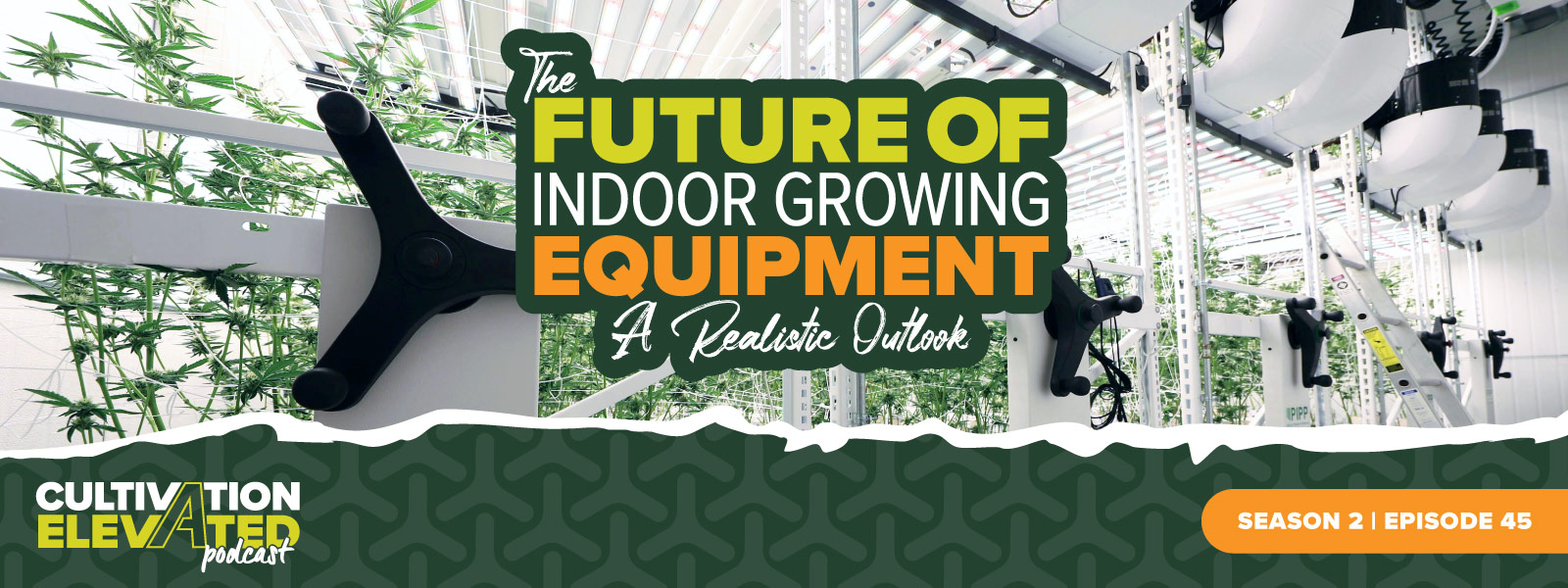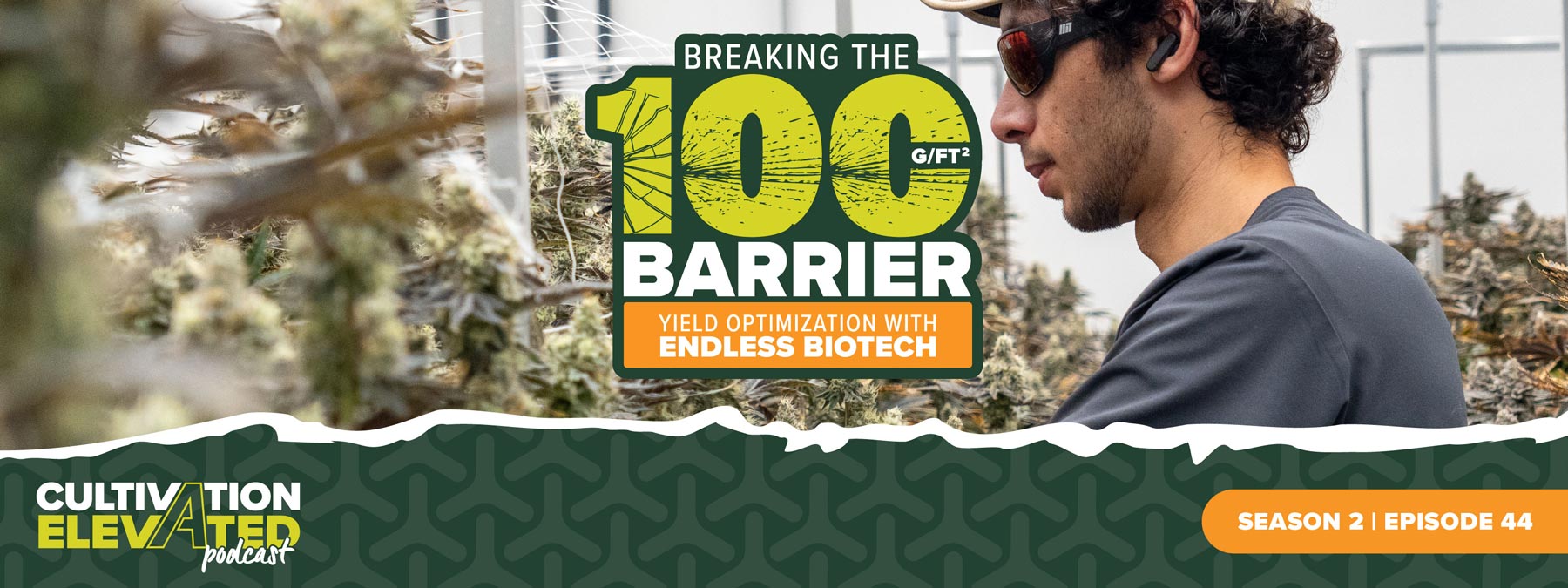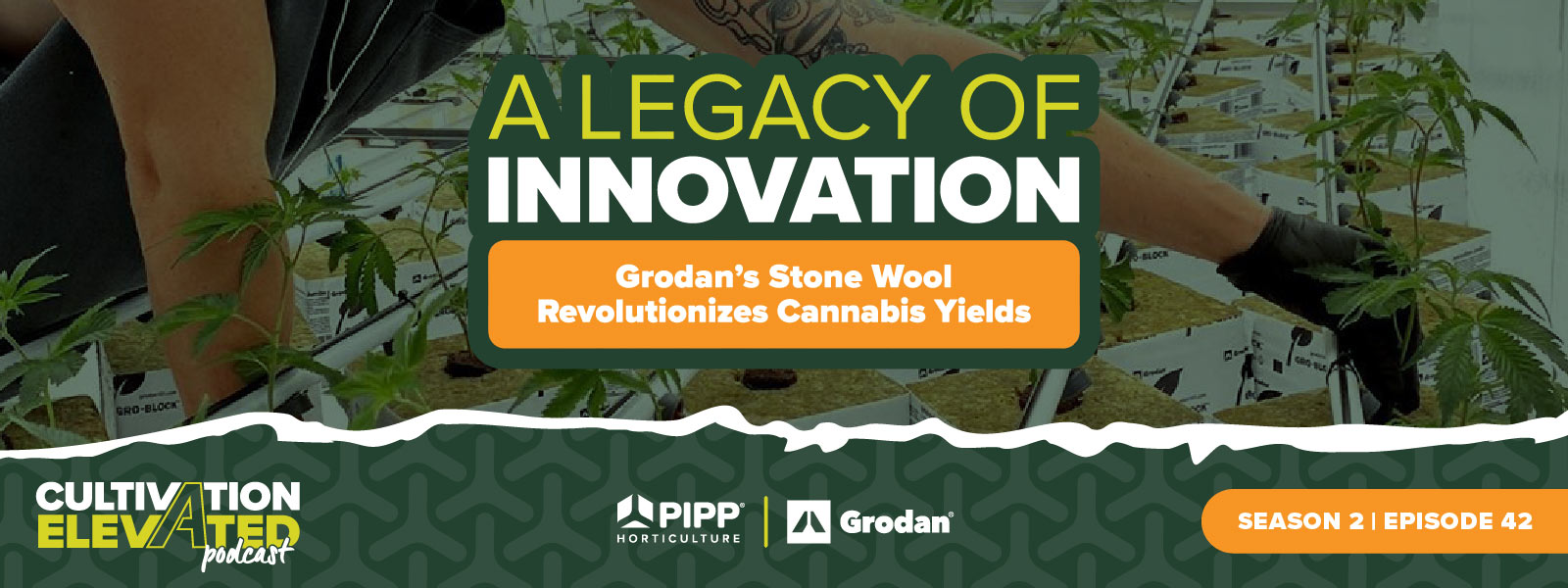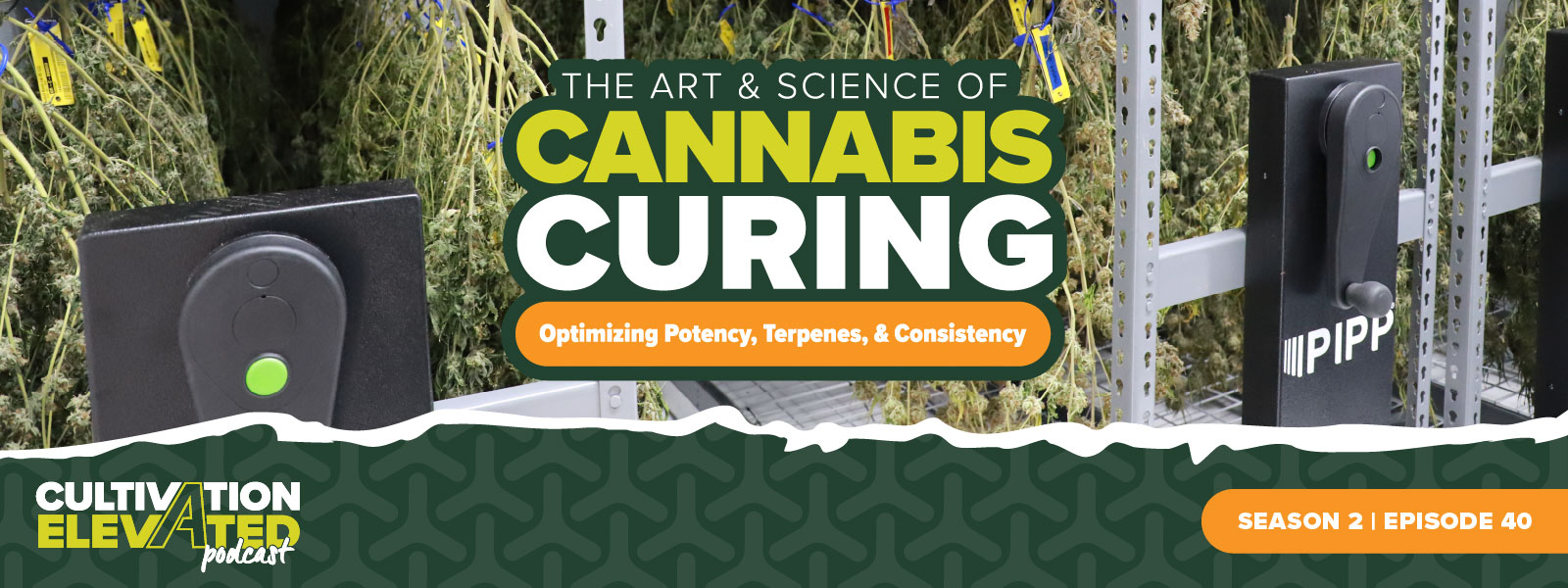Season 2 | Episode 49: What Schedule III Really Means for Cannabis: A Lawyer’s Unfiltered Take
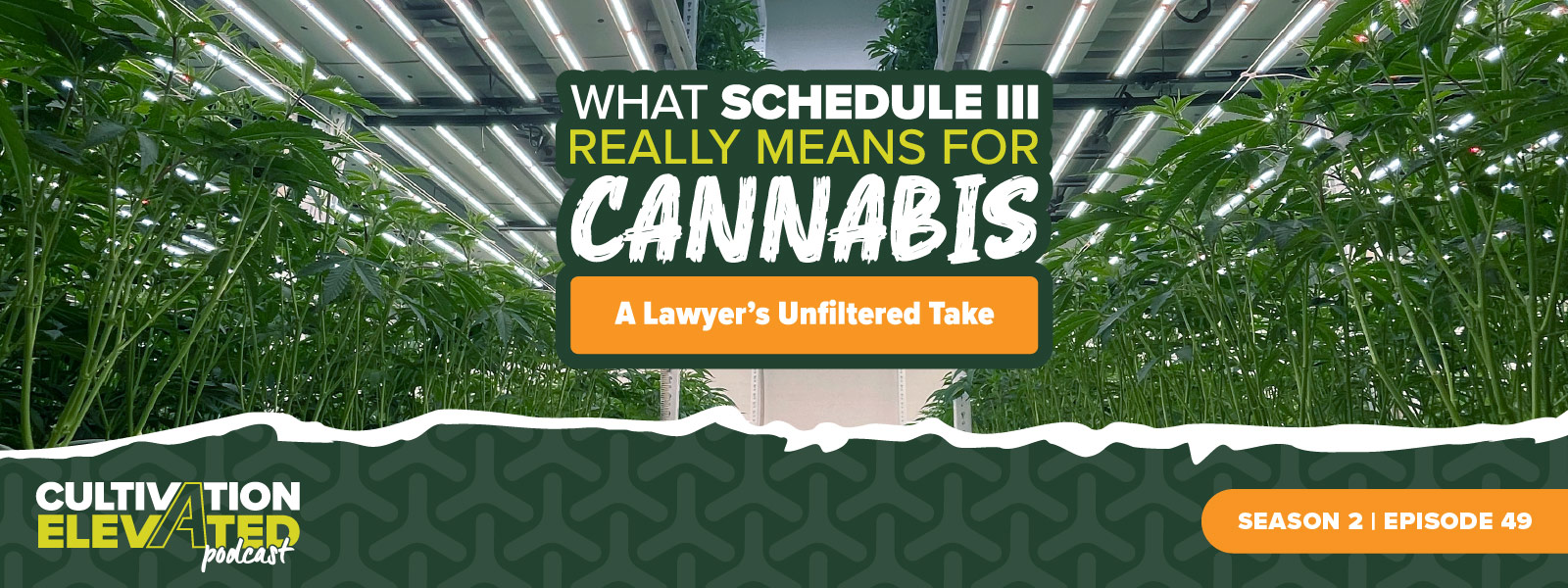
Summary:
In this episode of Cultivation Elevated, Michael Williamson is joined by cannabis attorney Devon Baxter to cut through the noise around cannabis rescheduling and explain what the shift to Schedule 3 actually means for operators. They break down why rescheduling is not legalization, how 280E tax relief really plays out in practice, why banking access remains limited, and where compliance, lab testing, and enforcement risks are often underestimated. The conversation also explores the impacts on MSOs versus craft operators, the evolving relationship between hemp and cannabis, potential pharmaceutical involvement, and what disciplined operators should prioritize over the next 12–24 months as federal scrutiny increases.
Episode Breakdown
Intro: What Rescheduling Really Means
0:00 – 4:20
Michael Williamson sets the stage on cannabis rescheduling and why the headlines are misleading.
Rescheduling reshapes the regulatory chessboard — but it doesn’t legalize cannabis, fix banking, or eliminate federal-state tension.
Rescheduling vs Legalization: Clearing the Confusion
4:20 – 7:15
Devin Baxter explains the legal reality behind Schedule 1 → Schedule 3.
Why the executive order changes process, not law — and what immediately stays the same for operators.
The Science & Legal Strategy Behind Rescheduling
7:15 – 10:35
How FDA-compliant research and pharmaceutical-grade manufacturing forced regulators’ hands.
Why the government could no longer defend Schedule 1 under scientific scrutiny.
280E, Taxes, and the Reality of Margin Relief
10:35 – 14:55
Why 280E relief is real — but not instant or clean.
What operators need to revisit in financial structures, expense tracking, and investor expectations.
Banking: Why Rescheduling Doesn’t Open the Floodgates
14:55 – 18:50
Why federally chartered banks still won’t rush into cannabis.
Where state banks and credit unions may cautiously expand — and what that means for access to capital.
Compliance, SOPs & “DEA-Ready” Operations
18:50 – 22:50
Why rescheduling likely increases scrutiny rather than reduces it.
How GMPs, SOP discipline, labeling, and consistency become competitive advantages.
MSOs vs Craft Operators: Different Risks, Same Rules
22:50 – 27:10
How rescheduling impacts MSOs, single-state operators, and craft cultivators differently.
Why consolidation may accelerate — but won’t erase the craft segment.
Lab Testing, Health Risk & Enforcement Blind Spots
27:10 – 33:50
Why lab integrity, sampling practices, and product consistency are underestimated risks.
The danger of “lab shopping” as more vulnerable patients enter the market.
Hemp, CBD & the Path Toward Convergence
33:50 – 40:15
What rescheduling and recent legislation could mean for intoxicating hemp products.
Why MSOs and national brands are re-entering hemp — and where the regulatory gaps may close.
Pharma, Patents & Schedule 3 Implications
40:15 – 44:30
Why pharmaceutical companies move slowly — and selectively.
Where pharma may participate (capsules, sprays, research) — and where they likely won’t.
Interstate Commerce & Federal Preemption
44:30 – 49:00
Why rescheduling doesn’t authorize interstate commerce — but may invite legal challenges.
How state protections and federal authority may collide in the next phase.
Operator Strategy: What to Prioritize Now
49:00 – 55:30
Devin’s top three strategic priorities:
Securing long-term cultivation infrastructure (power & water)
Tax and capital planning post-280E
Tightening compliance in anticipation of increased oversight
Final Takeaways
55:30 – End
Rescheduling isn’t a silver bullet — or a nothing burger.
Operators who win next are disciplined, compliant, and focused on second- and third-order effects — not headlines.
About Cultivation Elevated
If you are a grower looking to optimize your cultivation facility or anyone looking to cultivate more in less space, then this is the show for you. Each week, join Host Michael Williamson as he travels across the country, to explore the world of vertical farming and the future of cannabis and food production through his conversations with leading industry operators, growers and executives who are demonstrating success and resilience as growers and cultivators. Each episode provides stories and key insights that will inspire and show you first-hand, how each of these companies have overcome challenges, and found their own path to success.


